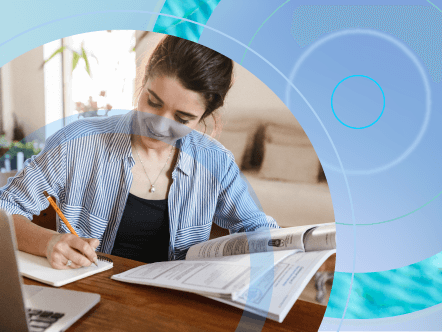

This course explores the principles of land-based aquaculture, algae-based innovation, and business strategy for the growing Blue Bioeconomy. By the end of the course, participants will be able to:
1) Evaluate the potential of land-based aquaculture...
This online, fully self-paced training course explores marine/maritime spatial planning (MSP), its relationship with other integrated ocean governance approaches, the process for developing a marine spatial plan and how to use a marine spatial plan...
This free course explores the different existing strategies to upgrade the waste and mortalities generated in the aquaculture activities beyond the conventional fish meal production and how they can contribute to a circular economy.
This free course provides an introduction to how data analysis and machine learning can be used to improve environmental performance of fish farms.
This free course discusses how sustainability can be measured, particularly in relation to aquaculture products, and how this assessment can be used to improve the sustainability of different European aquaculture processes.
This free course explores in detail the challenges of the aquafeed industry to become increasingly sustainable and, through innovation, meet the nutritional requirements of animals as well as the demands of its market.
This publication presents an education journey on Blue Transformation in aquaculture for students of the Mediterranean and Black Sea region. Overall, its aim is to provide a progressive and enjoyable learning experience on a topic whose benefits are...
This course provides an overview of diseases in aquatic organisms. In doing so, it highlights the importance of preparedness for effective prevention, management and control of diseases in aquatic organisms. The course introduces the role of disease...
This training course focuses on welfare indicators for different fish species used in aquaculture research. Participants will learn about the latest technologies around developing welfare indicators, their advantages and disadvantages and carry out...
This course provides an overview of adaptation and mitigation strategies that can be implemented in response to climate change impacts on the fisheries and aquaculture sector. This course addresses the subject matter from a technical perspective. It...
